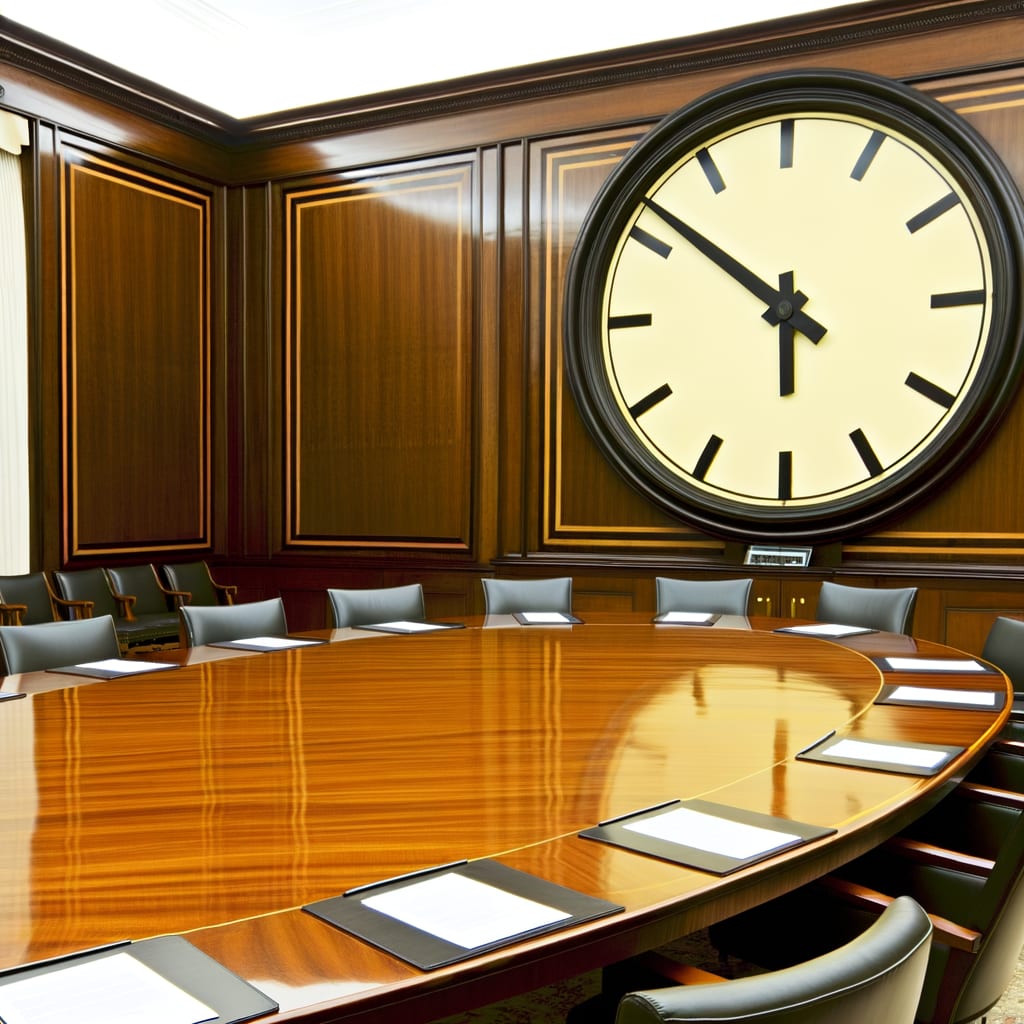Iran and UN Nuclear Watchdog Agree on New Cooperation Framework Amid Tensions
In a significant diplomatic development, Iran and the International Atomic Energy Agency (IAEA) have agreed upon a new cooperation framework. This agreement, which follows a period of increased tensions and stalled nuclear inspections, could facilitate the resumption of inspections at Iran's nuclear facilities. However, while the move is seen as an important step towards de-escalation, Iran maintains that its missile and defense capabilities are not subject to negotiation.
Background and Context
After the suspension of cooperation with the IAEA, following U.S.-Israeli attacks on its nuclear sites in June, Iran has decided to seek avenues for the international nuclear watchdog's inspectors to return to the country. This decision comes amidst a delicate geopolitical climate and heightened concerns over sanctions and nuclear safeguards.
Key Developments
The agreement was signed in Cairo by Iran's Foreign Minister Abbas Araghchi and IAEA Director General Rafael Grossi, following a meeting that also included Egyptian Foreign Minister Badr Abdelatty. Araghchi's program in Cairo also comprised talks with President Abdel Fattah al-Sisi.
The IAEA chief Grossi thanked Abdelatty for his commitment and engagement, and the organization expressed hopes to reach a full agreement on resuming work soon. However, Grossi also warned that time is running out to reach an agreement on resuming international oversight.
Iran's Foreign Minister Araghchi stated that the new cooperation agreement guarantees Iran's inalienable rights and ensures cooperation with the IAEA within the agreed frames. He noted that the framework is fully consistent
with provisions of a law suspending cooperation with the IAEA, allowing for interaction within the limits set by the legislation.
Meanwhile, Tehran's mission at the UN reaffirmed its compliance with the Non-Proliferation Treaty (NPT) and safeguards agreement in a letter.
Implications and Reactions
The new agreement between Iran and the IAEA is seen as a notable step towards easing tensions and resuming nuclear inspections. However, the IAEA chief has warned that without the return of full inspections, the organization will not be in a position to provide any conclusion or assurance regarding Iran's nuclear program.
The IAEA has called this an important step in the right direction.
Nonetheless, it pointed out that there's not much time left to finalize the process, as the possibility of European sanctions snapback
looms.
Current Status and Conclusion
Despite the progress made with the new cooperation agreement, the situation remains complex. Iran's reaffirmation that its missile and defense capabilities are not up for negotiation, and the IAEA's warning about the limited time left for talks, indicate that the path towards a comprehensive resolution remains fraught with challenges. Even as the world watches these developments with cautious optimism, the future of this diplomatic engagement will depend on the forthcoming reports from the IAEA and the political behavior of its director general, Rafael Grossi.

